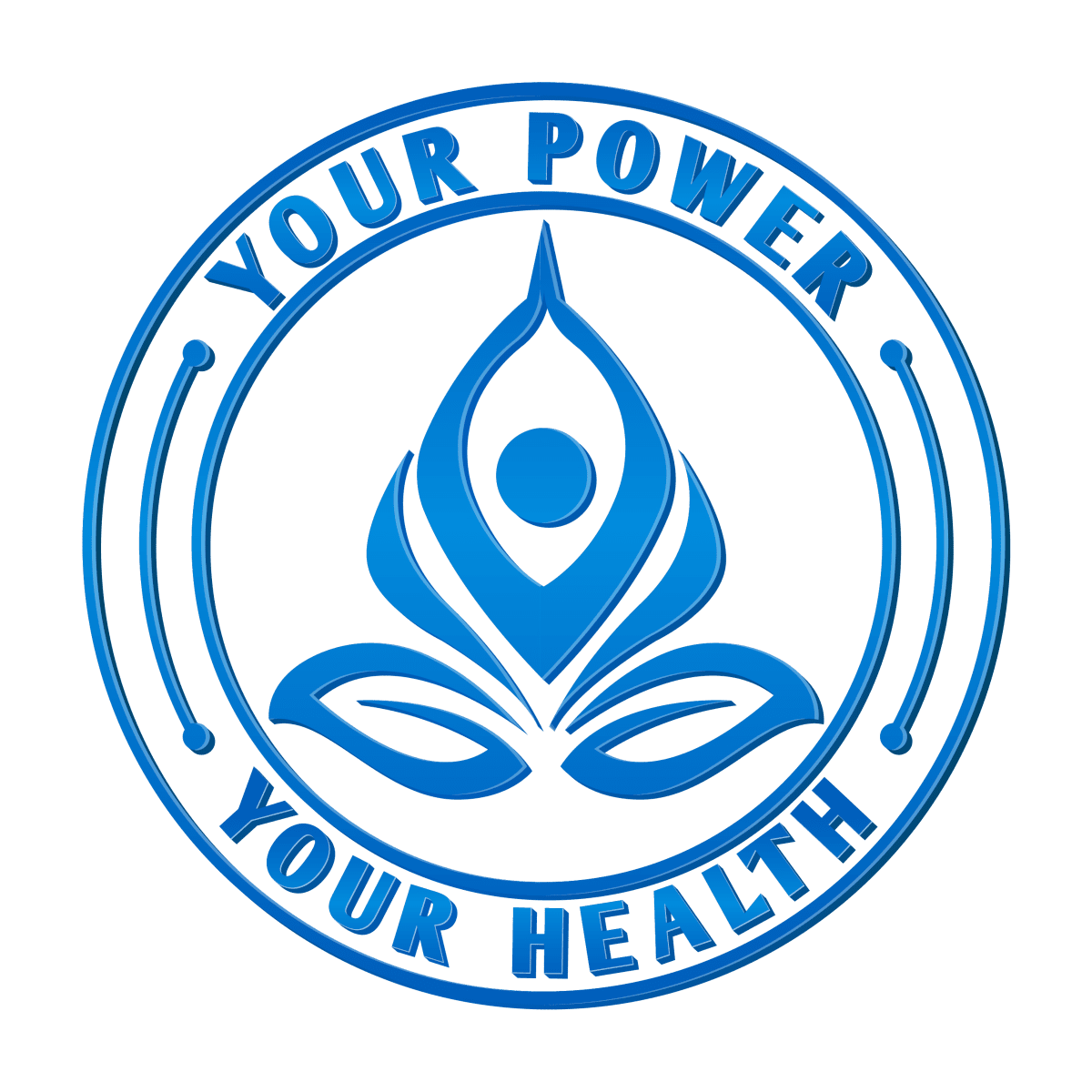It’s becoming more and more apparent that it’s not only the physiological measures that impact the health of your heart. There’s also a strong correlation between your emotional/mental health and your heart health.
There are some new fields of study making their way into the area of heart health. Neurocardiology looks at the intersection of neurological function and cardiac health. Behavioral cardiology looks at the relationship between social and psychological factors and heart health.
Science is beginning to see the significant relationship between the heart and brain and how each communicates with the other to optimize health. And what impacts one will also impact the other. Whether it is food choices or emotional experiences, neither works in a vacuum from the other.
What does all this mean?
The fact that stress plays a huge part in your cardiac health…or lack of it, is well documented. Chronic, unrelenting stress can cause an increase in the cortisol production, the stress hormone. It also increases the production of cytokines which cause an inflammatory response in the body. When it is chronic, this activity can contribute to plaque accumulation in the arteries. When this plaque builds up, becomes unstable and breaks off to float around in the bloodstream, disaster can ensue. The result can cause blood clots which can cause stroke and heart attack.
Conditions that contribute to heart disease
- Depression – people who suffer from moderate to chronic depression, are 2-4 times likely to experience adverse cardiac events and even death
- Anxiety – doubles the risk for heart arrhythmias, angina and other cardiac events
- Shock – a sudden emotional or physical impact like the death of someone close or a natural disaster can trigger a cardiac event called Takotsubo Cardiomyopathy aka Broken Heart Syndrome. This usually happens after a significant emotional event happens and looks very much like a heart attack. IT may or may not leave behind cardiac damage.
- Anger – an experience of extreme or intense anger will increase the risk of a heart attack with a few hours of the outburst. Being in a chronic or frequent state of anger will continually increase your cardiac risk. Staying angry is like drinking poison and expecting the other person to die.
- Loneliness – people are social animals, meant to be together and support each other. Social isolation increases your risk of cardiac death more than hypertension and obesity. Many people feel socially isolated, left out, unsupported and extremely lonely…kind of ironic, given all the ways we can presumably be connected to one another.
What can we do about it?
 Just like negative emotions can cause damage to your heart, positive emotions can support healing. If you can laugh at yourself and not take life too seriously, practice forgiveness and gratitude, be flexible and optimistic, you will do a lot to support your cardiac and brain health. If you find a way to give back and to be in service to others, this also will support your healthy life.
Just like negative emotions can cause damage to your heart, positive emotions can support healing. If you can laugh at yourself and not take life too seriously, practice forgiveness and gratitude, be flexible and optimistic, you will do a lot to support your cardiac and brain health. If you find a way to give back and to be in service to others, this also will support your healthy life.
You should maintain a healthy, mostly plant-based diet, exercise and manage stress to keep both your brain and your heart happy. Love the people around you and reach out to both help and ask for help. People like to be needed and we all need someone at some point in our lives. Practice mindfulness, as illustrated in a recent post of mine. Listen to your favorite music, laugh, play with children, hug and allow yourself to be hugged. These are all easy ways to take care of your heart and your brain. You, your heart and your brain will all be happier for it.
Do You Want Help?
Would you like to have more energy, lose weight, sleep better, and balance your hormones? I am launching another 5 session Sugar Detox Program beginning soon.
This program is open to anyone who:
- would like to get control of their sugar cravings
- feel better
- have an abundance of energy
- and an overall increase in well-being.
Aren’t you tired of feeling bloated and lethargic?
If you continue to follow the path you’re on, where will it lead you in six months? a year? Isn’t it time to take a different approach?
What you have done in the past hasn’t worked or at least has not stuck. I can help you change that. Click here for a free consultation. We’ll discuss your challenges and your goals for the coming year and see if we’re a good fit. You have nothing to lose except those nasty cravings.
As a health coach, I work with women who are facing serious health challenges like heart disease, metabolic syndrome and diabetes or who are at risk for a serious health issue such as high blood pressure, high cholesterol or high blood sugar. If you would like to have a free consultation about the health challenges you have and the improvements you would like to see in your health, click here to schedule a no strings attached call.







